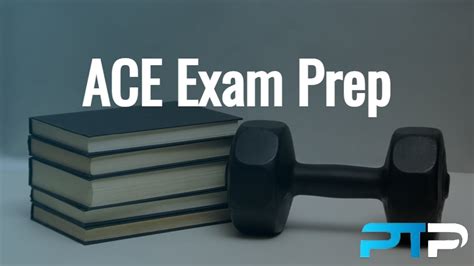Are you preparing for an upcoming exam and eager to maximize your performance? Look no further! This comprehensive guide will empower you with proven strategies, tips, and techniques to conquer your exam with flying colors.

Pre-Exam Preparation: Building a Solid Foundation
1. Establish a Focused Study Plan
- Determine the exam’s content and weightage.
- Break down the study material into manageable chunks.
- Allocate specific time slots for each topic.
- Adjust your plan as needed to ensure thorough coverage.
2. Master Active Recall
- Instead of passively reading, actively recall information by testing yourself.
- Use flashcards, practice questions, or explain concepts to others.
- Repetition strengthens your memory and improves retention.
3. Utilize Effective Study Techniques
- Employ the Pomodoro Technique: Study for 25 minutes, then take a 5-minute break.
- Spaced repetition: Review material at increasing intervals to enhance long-term memory.
- Interleaving: Mix up different study topics to improve comprehension and retention.
4. Understand the Question Stem
- Carefully analyze the wording of questions.
- Identify key terms and concepts.
- Determine the type of question (multiple choice, true/false, short answer).
Exam Day Strategies: Optimizing Performance
1. Manage Your Time Wisely
- Familiarize yourself with the exam duration and question count.
- Allocate time for each section based on its importance.
- Move on to the next question if you encounter a difficult one.
2. Eliminate Guesswork
- If you’re unsure of the answer, use the process of elimination.
- Cross out unlikely options and make an educated guess.
- Guessing randomly increases your chances of selecting the correct answer.
3. Interpret Questions Accurately
- Read questions thoroughly and avoid making assumptions.
- Identify any hidden meanings or double negatives.
- If you’re still unsure, ask for clarification from the examiner.
4. Handle Stress Effectively
- Take deep breaths and practice relaxation techniques.
- Visualize yourself performing well on the exam.
- Remember that everyone experiences some anxiety on exam day.
Post-Exam Evaluation: Continuous Improvement
1. Review Your Answers
- Once you complete the exam, take time to review your answers.
- Identify areas where you struggled and focus on improving them.
- Reflect on the questions that you found challenging.
2. Seek Feedback (Optional)
- If possible, ask your instructor or exam coordinator for feedback.
- This feedback can provide valuable insights into your strengths and weaknesses.
- Use this information to refine your study strategies for future exams.
3. Learn from Your Mistakes
- Analyze the questions you answered incorrectly.
- Determine where you made errors and identify the gaps in your knowledge.
- Use this experience to strengthen your understanding of the subject matter.
- Attend all lectures and take detailed notes: This ensures that you have a comprehensive understanding of the material.
- Engage in group study sessions: Collaborating with peers can enhance your understanding and retention.
- Utilize online resources: Numerous websites and apps provide practice questions, study guides, and exam simulations.
- Get enough sleep: A restful night’s sleep before the exam is crucial for optimal cognitive function.
- Eat a healthy breakfast: Food provides the energy you need to perform well during the exam.
Q: How can I reduce test anxiety?
A: Practice relaxation techniques, visualize success, and focus on your preparation rather than the unknown.
Q: What is the best way to study for multiple choice questions?
A: Read the question carefully, eliminate unlikely options, and guess strategically if necessary.
Q: How should I approach true/false questions?
A: Determine the key concept, identify any double negatives, and support your answer with evidence if possible.
Q: What are some strategies for managing time during an exam?
A: Allocate time for each section, prioritize questions based on their importance, and avoid spending too much time on any one question.
Q: How can I improve my recall on exam day?
A: Use active recall techniques, practice spaced repetition, and interleave different study topics to enhance retention.
Q: What should I do if I encounter a difficult question during the exam?
A: Move on to the next question, mark it for review, and come back to it later if time permits.
Q: How can I use my mistakes to improve my exam performance?
A: Analyze incorrect answers, identify knowledge gaps, and focus on strengthening those areas for future exams.
Q: What are the most important things to remember for exam success?
A: Prepare thoroughly, manage your time wisely, understand question stems, eliminate guesswork, and learn from your mistakes.
By implementing these strategies and following the advice provided in this guide, you can significantly increase your chances of acing your next exam. Remember, with hard work, dedication, and a positive mindset, you have the power to conquer any exam and achieve your academic goals.
